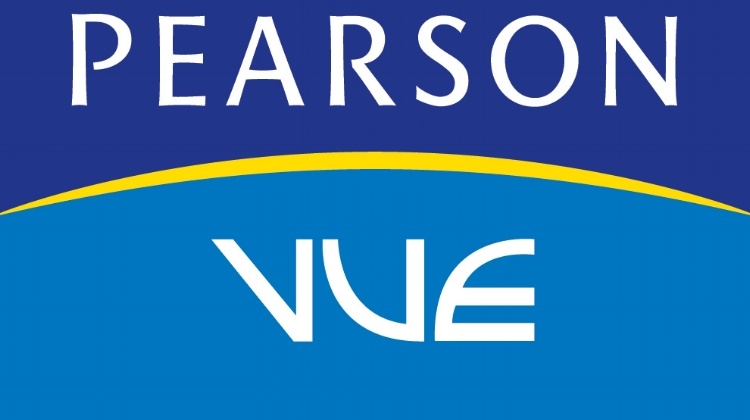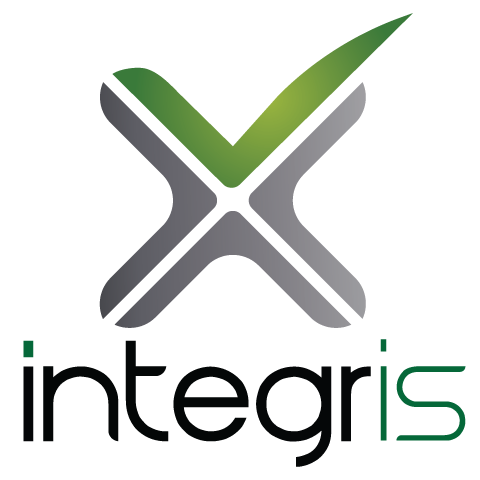Office Software Development
By Jeremy Darmenia
Office software Development as a module focuses on features and functions, of every day productive applications. A normal user will for instance use spreadsheet software, to compile lists of entries and maybe compute a few arithmetic functions. What we strive for in this module is to develop your average user into an advanced user, by tutoring students to use spreadsheet software to its full potential. We take a deep dive into end-user development, and how this allows one to execute business processes more efficiently and with fewer chances of error. The end-user developer must be able to understand business practices and their shortfall, understand the current IT systems within the organisation and then build a bridge between the two. It is a common practice nowadays, that we look for specialised software for each business problem, and happily spend finite resources on them. However, rarely do we fully comprehend the capabilities of that office software that has always been lurking within our hard drives. Capabilities that are powerful enough to solve the majority of organisational tasks for small to medium enterprises.









